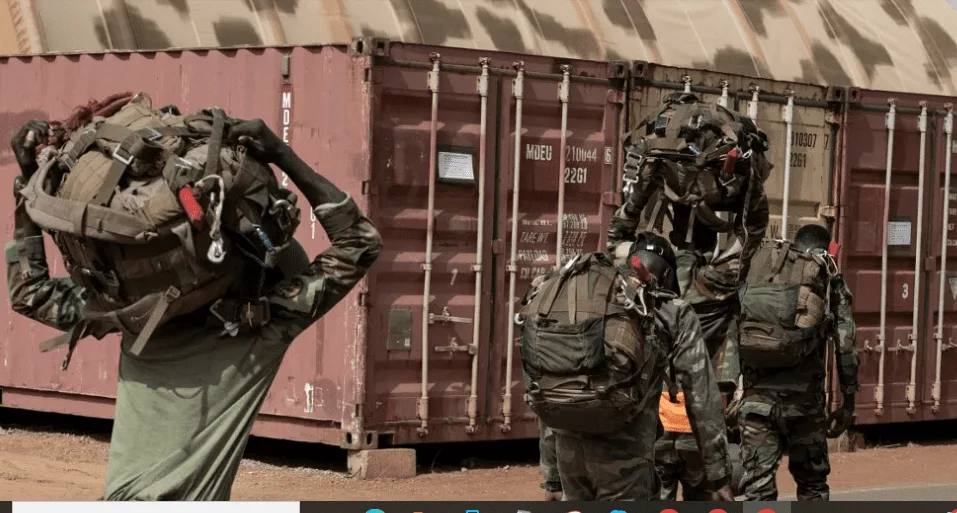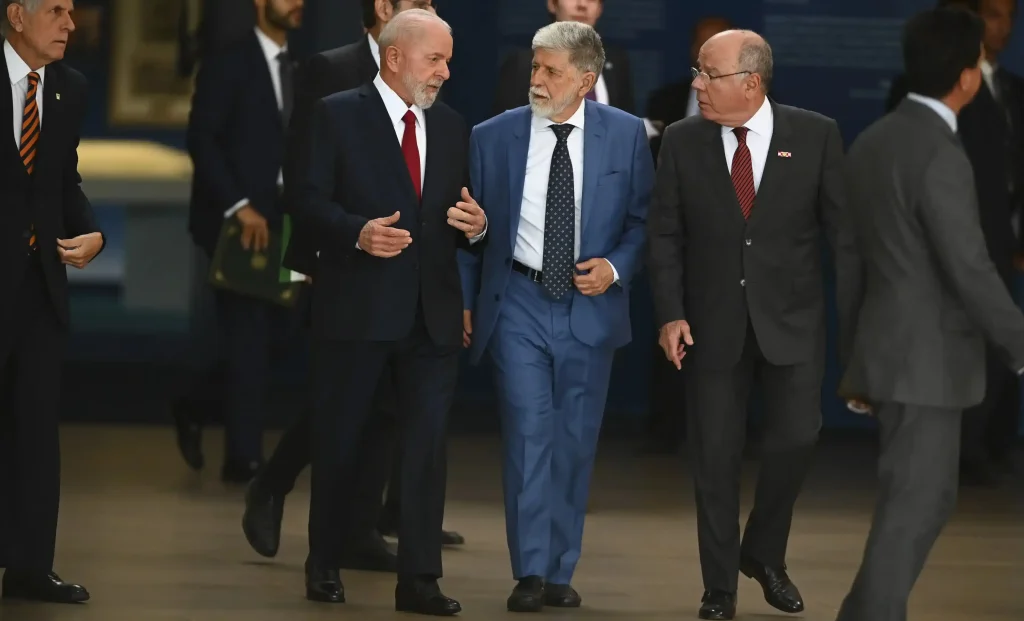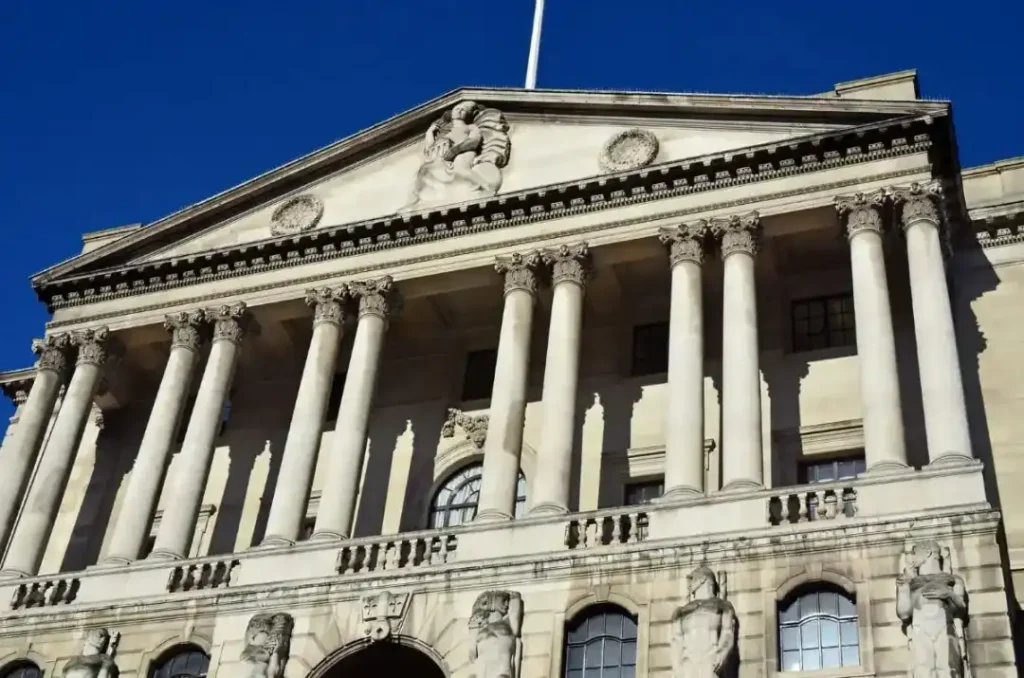All French soldiers stationed in Niger to fight jihadism will leave by December 22, according to the military leaders who took power after a coup in Niamey. This marks the final step in the withdrawal process that began in October.
Niger’s armed forces confirmed in a statement that by December 22, all French troops and their equipment would be out of the country. This decision follows the growing rift between Niger and France after the coup on July 26, which brought military generals to power. These leaders quickly demanded the departure of the 1,500 French troops and rejected several military agreements with France.
After months of tension, France agreed to withdraw, and French President Emmanuel Macron announced that the departure would be complete by the end of the year. According to Niger’s army, the withdrawal of French soldiers has been orderly and safe. So far, over 1,300 French troops and 80% of the equipment have been moved out of the country, with only 157 French soldiers still remaining.
The first group of French troops left Niger in October, signaling the end of France’s military presence, which had been aimed at combating jihadist groups in the region.
Since the coup that ousted President Mohamed Bazoum, Niger’s new military rulers have been cutting ties with Western nations that supported the previous government. In early December, Niger ended two European Union (EU) security missions in the country and began strengthening relations with Russia. Niger has also deepened its cooperation with neighboring Burkina Faso and Mali, both of which are also under military rule and facing similar jihadist threats.
In another major development, Niger, along with Burkina Faso and Mali, decided to leave the G5 Sahel, an anti-jihadist alliance that now only includes Mauritania and Chad.
Niger is facing continued attacks from extremist groups linked to al-Qaeda and ISIS, particularly in its western and southeastern regions.
In addition to the military challenges, the country remains under economic pressure. The West African bloc ECOWAS has maintained its heavy sanctions on Niger, despite a recent summit in Abuja. These sanctions, imposed after the coup, will only be lifted if there is a transition back to civilian rule.
Meanwhile, international efforts to engage with Niger continue. A U.S. delegation, led by Assistant Secretary of State for African Affairs Molly Phee, met with Niger’s military-appointed Prime Minister, Ali Mahaman Lamine Zeine. The U.S. also sent a new ambassador to Niger, Kathleen FitzGibbon, who will soon present her credentials.
As the political and military situation unfolds, humanitarian groups are calling for the easing of ECOWAS sanctions. They emphasize the urgent need for humanitarian aid, particularly for the more than 4.3 million people in Niger who require immediate assistance.
NGOs have urged that essential aid be allowed through neighboring countries like Benin to help alleviate the suffering caused by the ongoing crisis.























